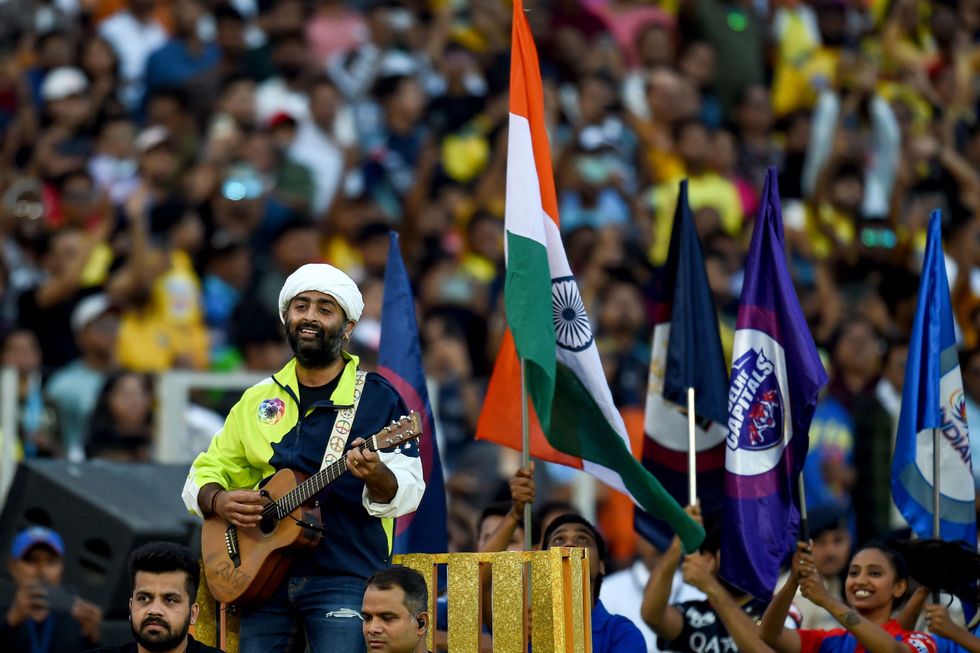ENGLAND captain Joe Root on Monday (2) said his players will not be shaking hands on their tour of Sri Lanka in a bid to avoid the coronavirus.
Root was quizzed on the coronavirus on Monday as England prepared to depart for their two-Test tour.
The Yorkshire batsman said instead of shaking hands, England players will greet each other with fist bumps.
England were hit by a series of gastroenteritis and flu problems before and during the first Test on their recent tour of South Africa.
"After the illnesses that swept through the squad in South Africa, we are well aware of the importance of keeping contact to a minimum and we've been given some really sound and sensible advice from our medical team to help prevent spreading germs and bacteria," Root said.
"We are not shaking hands with each other, using instead the well-established fist bump, and we are washing hands regularly and wiping down surfaces using the anti-bacterial wipes and gels we've been given in our immunity packs.
"There is no suggestion that the tour will be affected, but of course it is an evolving situation so we are in regular contact with the authorities and will proceed as advised, but at this stage we fully expect the tour to continue as planned."
England will play the first of two practice games against a Sri Lanka Board Presidents XI in Katunayake on Saturday ahead of the Tests, which will form part of the ICC World Test Championship.
England won 3-0 in Sri Lanka two years ago but Root is expecting a tougher challenge this time.
"The conditions will be a bit different with the time of year we are going this time," he said.
"The three games we played out there last time were all very close with less than 60 runs between the teams in the last two Tests.
"It was an exceptional performance last time and I think we can take a lot of confidence from that in terms of how to play out there.
"We respect how good a side they are in their own conditions and we'll find ourselves up against a stiff challenge."





 Priyanka Chopra calls herself nascent in Hollywood as 'Heads of State' streams on Prime VideoGetty Images
Priyanka Chopra calls herself nascent in Hollywood as 'Heads of State' streams on Prime VideoGetty Images  Priyanka Chopra wants to build her English film portfolio after Bollywood successGetty Images
Priyanka Chopra wants to build her English film portfolio after Bollywood successGetty Images  Ilya Naishuller, Priyanka Chopra and John Cena attend the special screening for "Head of State" Getty Images
Ilya Naishuller, Priyanka Chopra and John Cena attend the special screening for "Head of State" Getty Images








 Arijit Singh performing Instagram/
Arijit Singh performing Instagram/ Arijit Singh clicked during a performance Getty Images
Arijit Singh clicked during a performance Getty Images 


 Liam Gallagher accepts Oasis' award for 'Best Album of 30 Years' Getty Images
Liam Gallagher accepts Oasis' award for 'Best Album of 30 Years' Getty Images  Liam Gallagher plays to a sell out crowd at the Universal AmphitheatreGetty Images
Liam Gallagher plays to a sell out crowd at the Universal AmphitheatreGetty Images Liam and Noel Gallagher perform together in Cardiff for the first time since 2009 Instagram/oasis
Liam and Noel Gallagher perform together in Cardiff for the first time since 2009 Instagram/oasis